“Freedom of universities and their autonomy cannot be taken for granted”
The future of academic freedom in Europe is not as secure as it may seem. For example, Budapest’s Central European University (CEU) came under political attack a few months ago when the Hungarian regime under Prime Minister Viktor Orbán passed a law which basically aimed to shut down the university, founded by billionaire financier and liberal philanthropist George Soros. These developments were met with protests during the March for Science on April 22 and sparked a lively discussion about the responsibilities, challenges, and opportunities of modern universities today and in the future. WU Rector Edeltraud Hanappi-Egger, who also joined the March for Science, will discuss these topics together with President and Rector Michael Ignatieff from CEU Budapest on October 24.
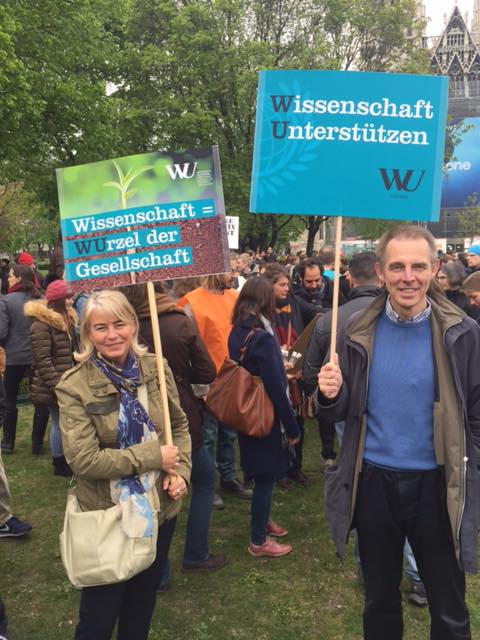
WU Blog: The March for Science was held in over 500 cities worldwide in April 2017. What has changed since then?
Edeltraud Hanappi-Egger: Over 1,600 people joined the March for Science in Vienna to underline that the freedom of science is vital for the prosperity of our society. It was important to show political decision-makers all over the world that a lot of people are willing to stand up against populism and attitudes that question the importance of research. Here in Austria, especially at Universities Austria (the voice of the Austrian public universities), we are currently talking about how to help those scientists and scholars who have to flee their home countries because of their research or critical stance.
WU Blog: Budapest’s Central European University (CEU) came under political attack and was threatened with closure – what is the status quo right now?
Hanappi-Egger: The government passed a law that requires international universities to have an agreement with their home country and to prove that they also carry out educational activities there. Currently it seems that CEU has completed negotiations with Bard College, New York. The college has announced that it will offer courses on behalf of the CEU. It is still unclear if this will enable the CEU to continue its operations in Budapest, however. On October 24, we will hear more about the most recent developments in this case from Michael Ignatieff himself.
WU Blog: What will be the greatest challenges for universities in their future interactions with the political sphere? Is academic freedom still guaranteed in Europe and Austria?
Hanappi-Egger: The greatest challenges are changes in political systems that bring new leaders to power, and the question of how these leaders perceive the role of universities and critical thinking. There are problematic examples which show that the freedom and autonomy of universities cannot be taken for granted. We have to be cautious.
WU Blog: At the March for Science, the spread of fake news was one of the main topics: What can university staff, professors, and lecturers do to react to the growing stream of fake news and alternative facts in their own fields? Should there be courses to teach students how to spot the difference between fact and fiction? Are there any other ways?
Hanappi-Egger: “Fake news” means using false information and presenting it as real news. This problem has probably always existed, but what has changed is the speed of dissemination due to the use of social media. But there is of course a difference between bad science reporting and fake news. Not all journalists are trained well enough to assess the validity of a study. Very often limitations are mentioned in research papers but left out by reporters. Therefore it is very important for scientists to talk about their findings and work with journalists to prevent the spread of misinformation. If there are any cases of misinformation being spread, institutions should react and adapt their approaches. Our students learn about the rules of scientific work, how to conduct a valid research project, and the importance of scientific integrity. All scholars should be aware that scientific integrity is a core value at any research institution – and they should help to make sure that science and research remain trustworthy.
Would you like to find out more?
Join the discussion on October 24, 2017: WU matters. WU talks. Universities: Key to an open society, target of political hostility?

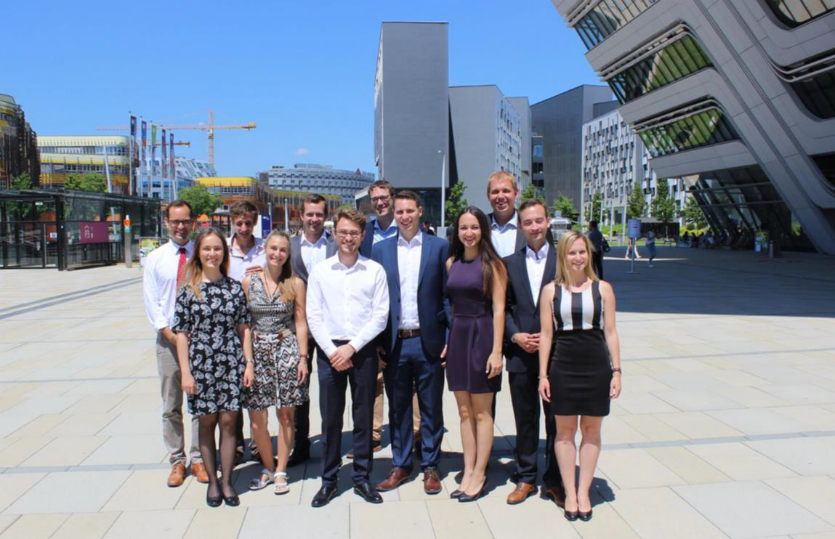

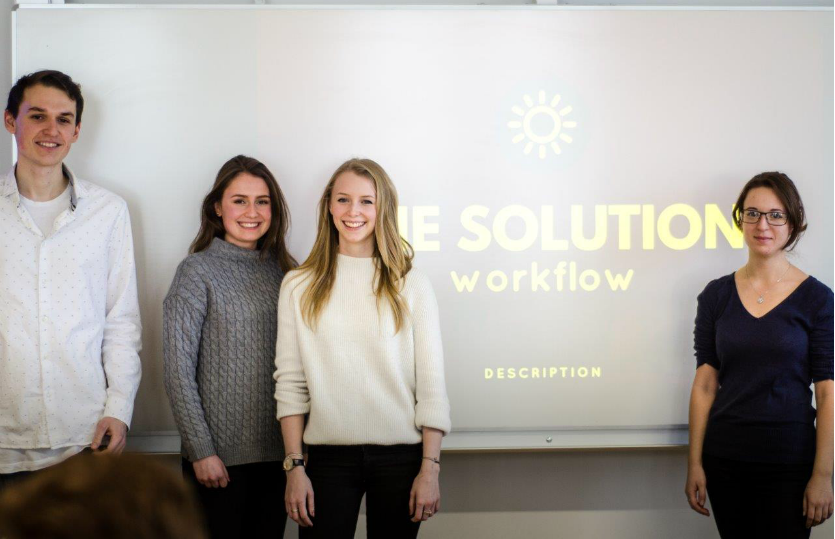
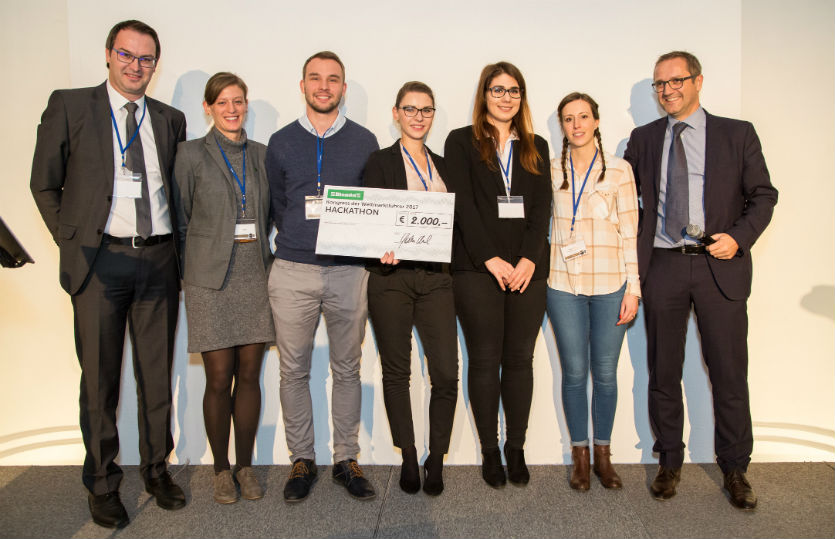
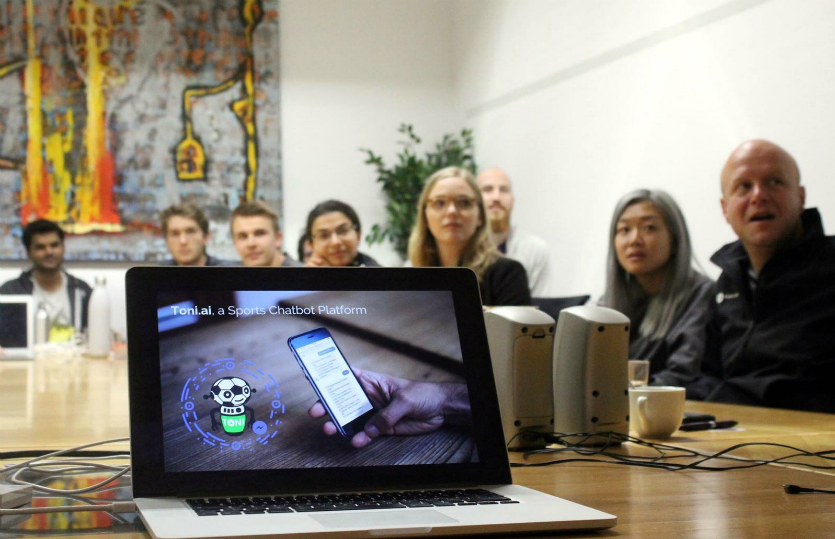


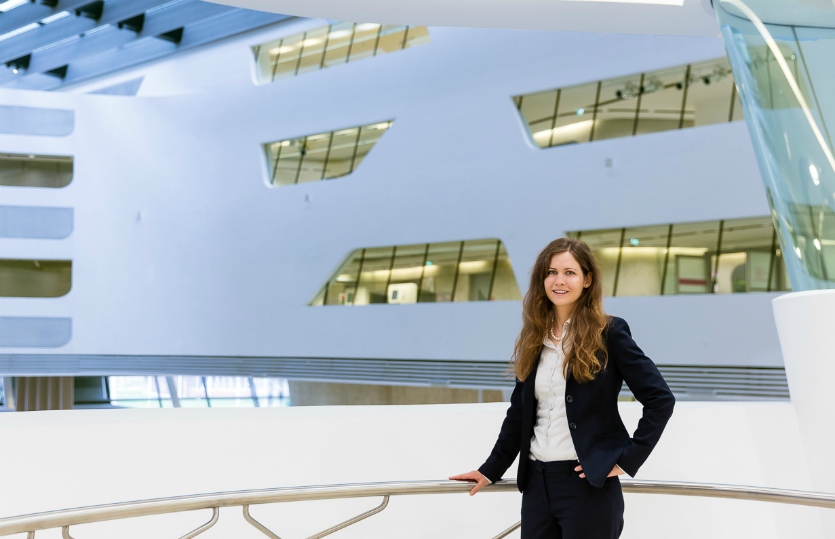
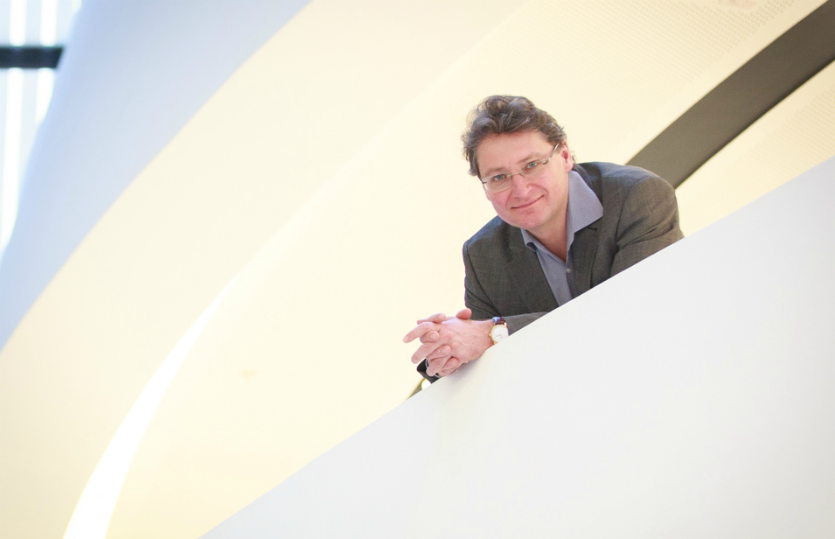
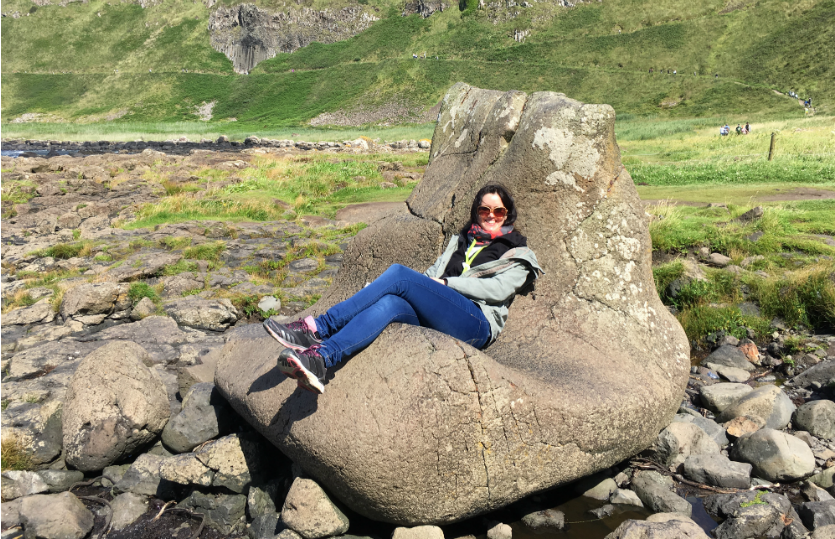
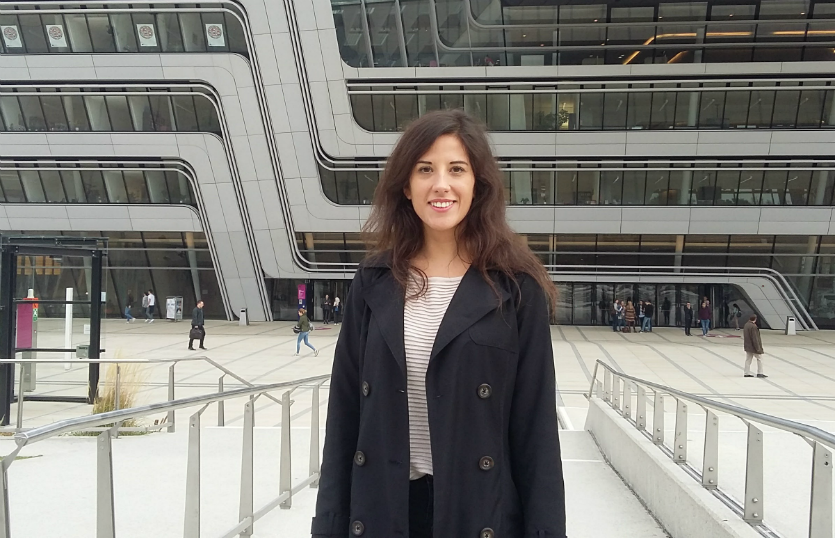
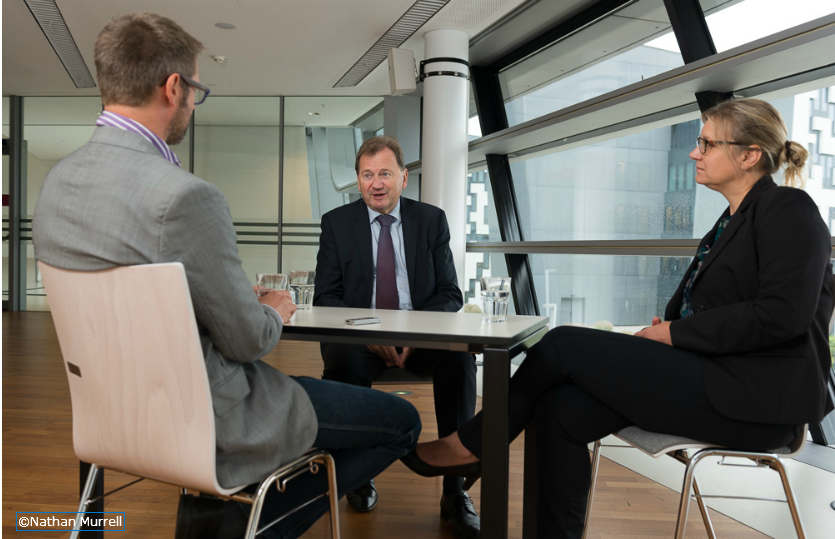

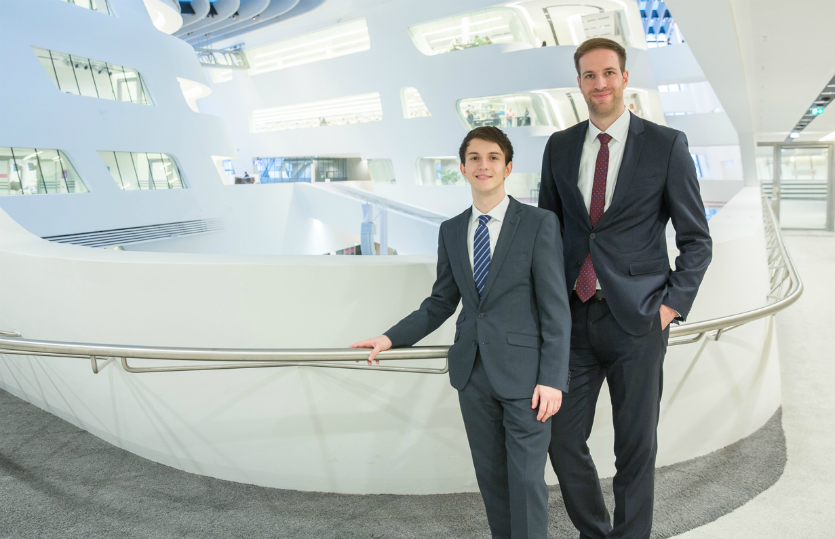
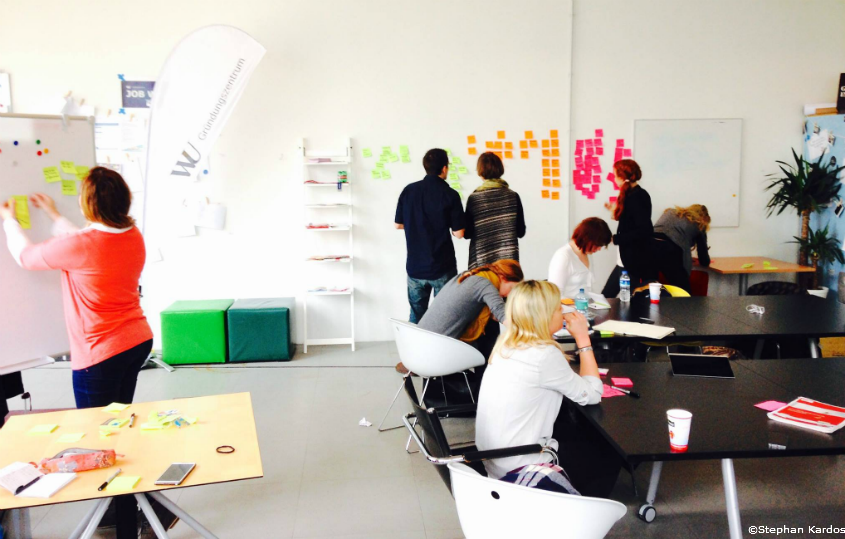
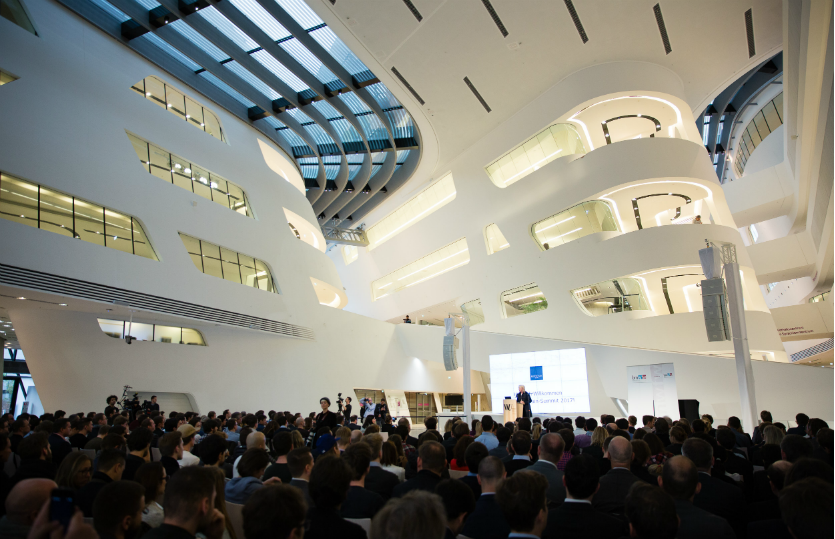
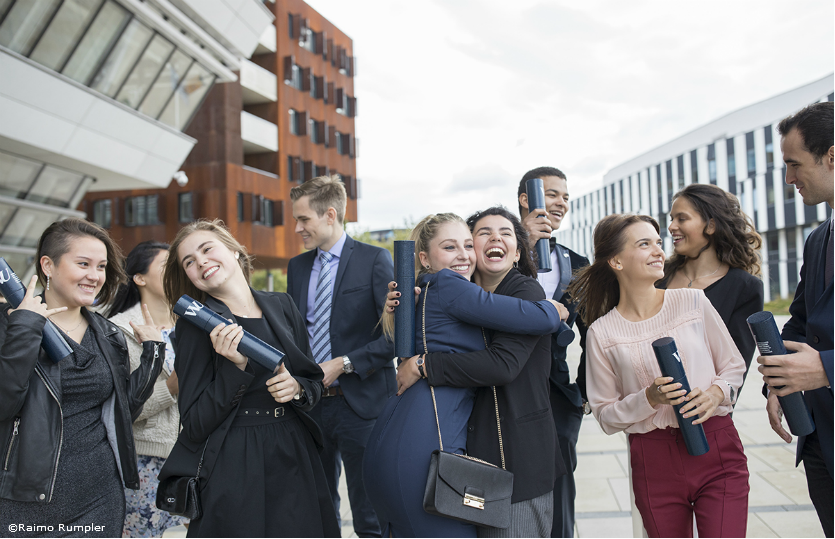
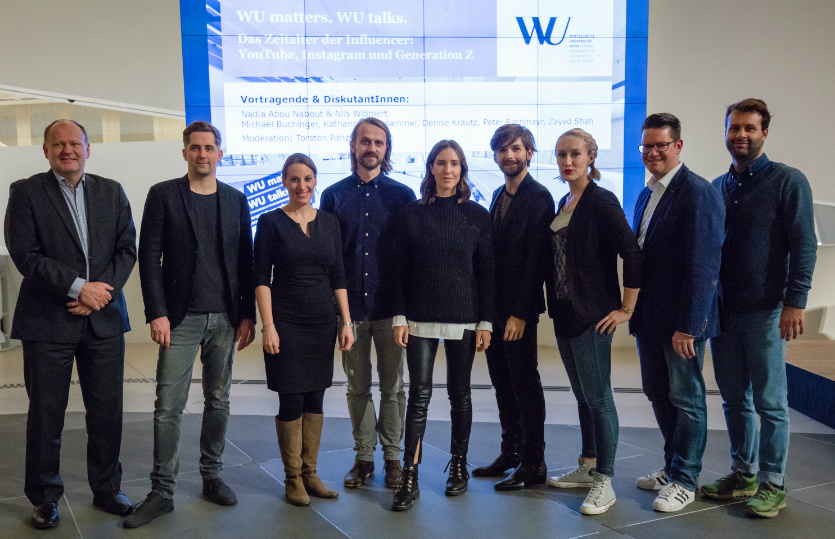
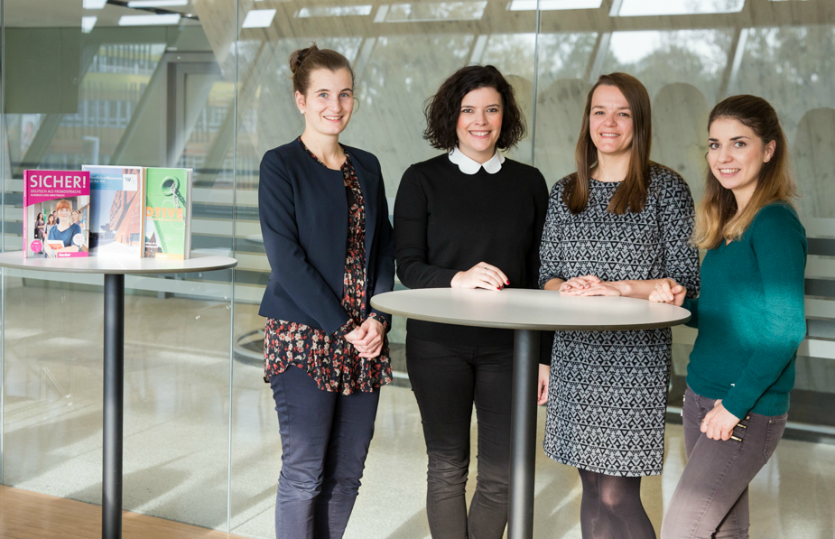
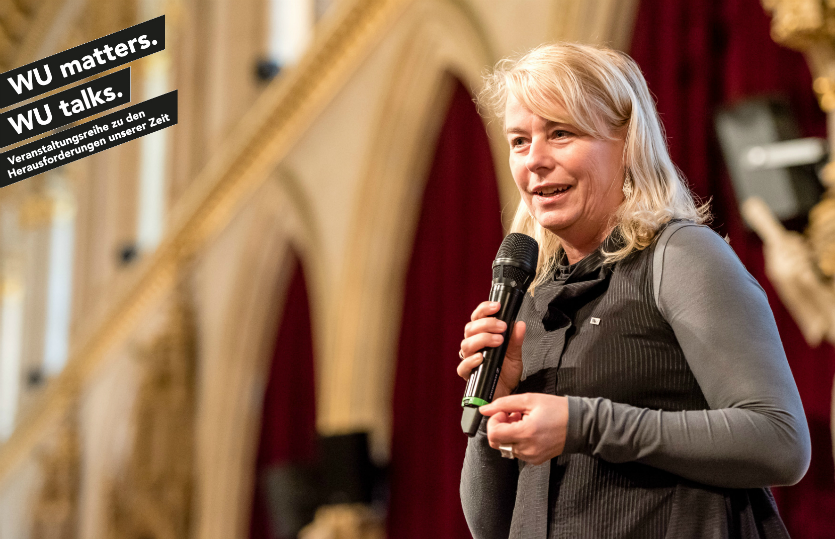
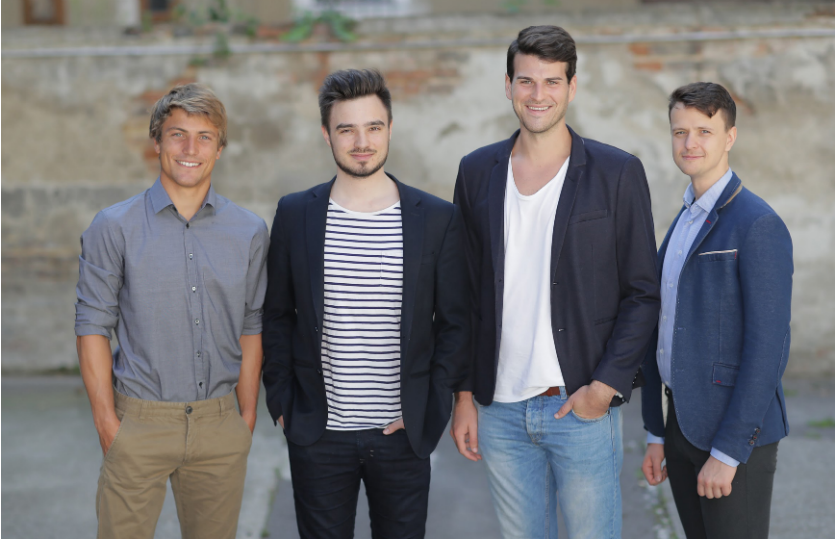

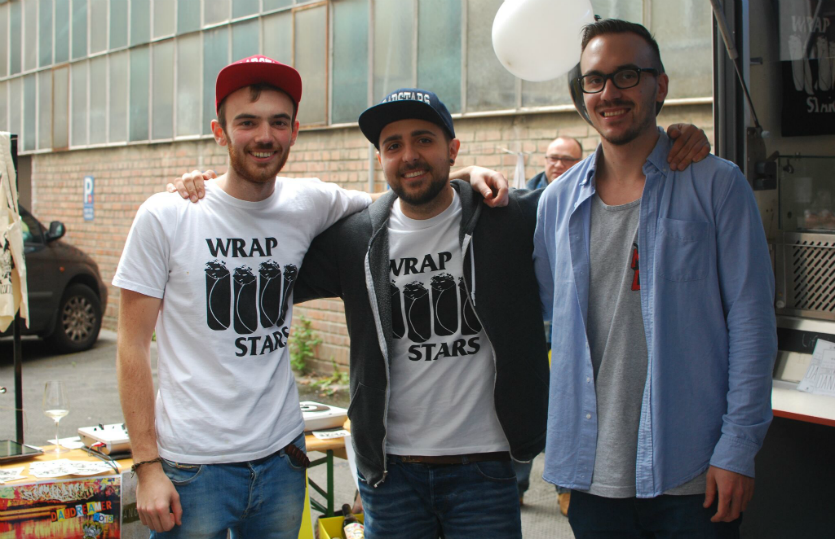

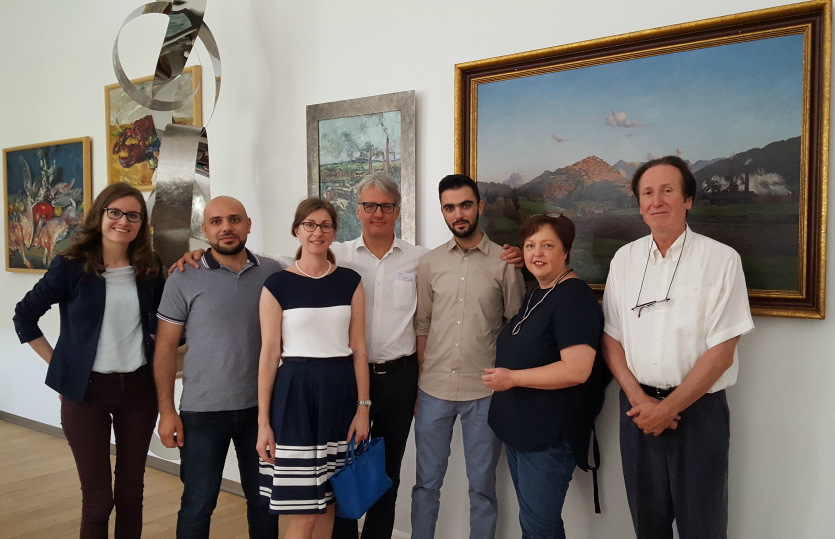
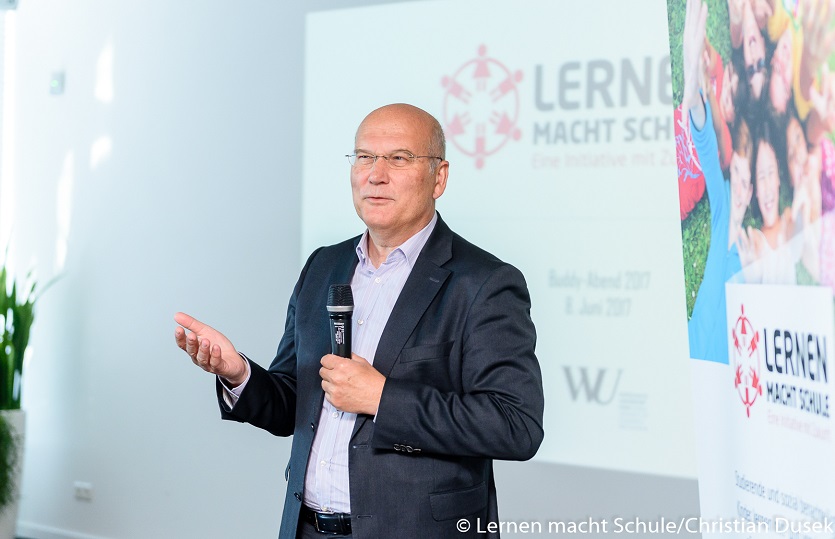
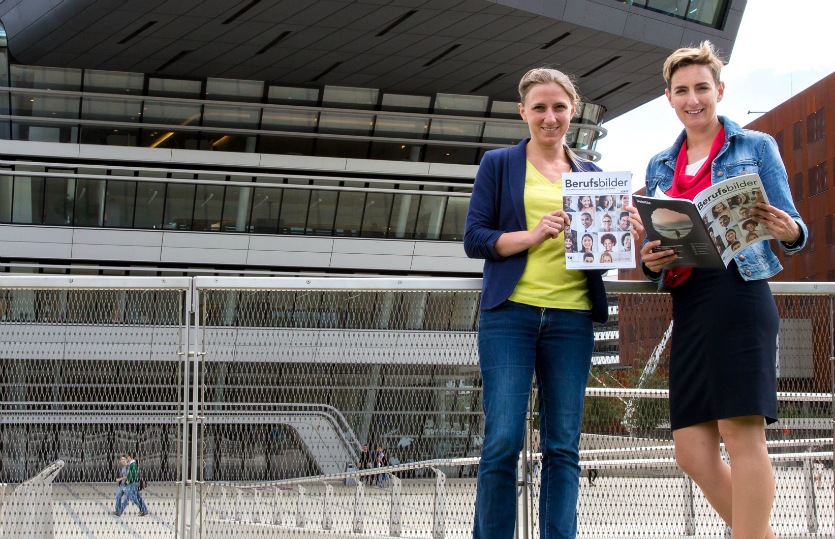
Die österreichische öffentliche Unis sind auch Geiseln der Politik…soviel zur Freiheit der Wissenschaft&Lehre.
Wirklich schade, dass Prof. Andrea Weber die WU nach 9 Monaten verlassen hat und jetzt an der CEU forscht…
Guten Tag, Herr Smith, danke für Ihren Input – wir würden uns freuen, wenn Sie bei dem Event am 24.10. mit uns gemeinsam zu diesem Thema diskutieren! Beste Grüße, Heike (WU Kommunikation)